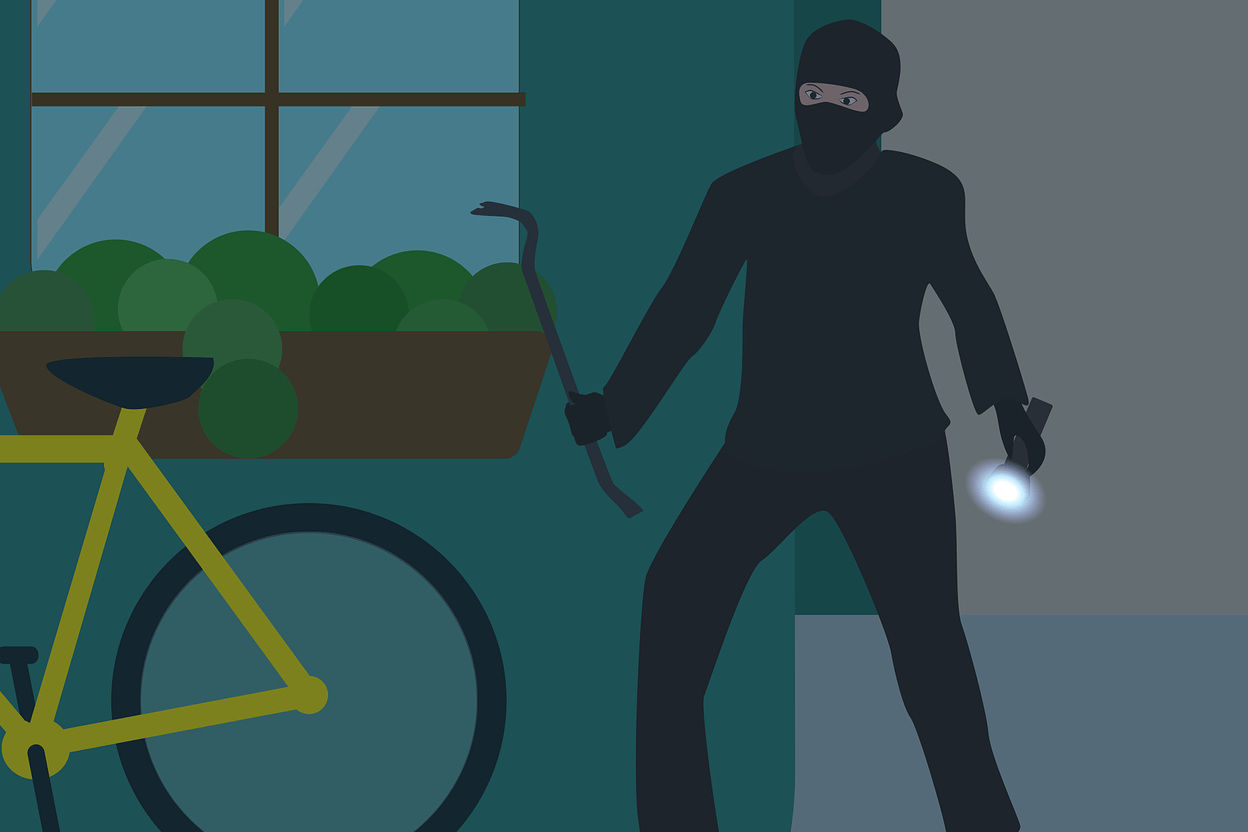In 2009 there were nearly 80,000 reported bike thefts in Denmark, but since then numbers have fallen by a third. Last year, there were just 52,465, and Ingeniøren newspaper wants to know why.
First off, it contends, crime rates are falling across the board because young people are less criminally-inclined than previous generations.
“It is just guesswork,” Adam Diderichsen, a lecturer in police science at the University of Southern Denmark, told Ingeniøren. “But most types of crime have decreased in the same period.”
More thefts than reported
Hans Peter de Place Hansen, a consultant at Det Kriminalpræventive Råd, the crime prevention council, believes that Danes have started making it much harder for thieves to flourish.
“Bike owners are more likely to lock them securely to a fixed object,” he told Ingeniøren. “And bike locks have got a lot better too.”
However, cyclists group Cyklistforbundet is sceptical about the overall figure, blaming a shared cynicism among victims that the police are unlikely to investigate a theft.
Cyklistforbundet claims that only 0.9 percent of thefts are investigated, which means the overwhelming majority of reports are made for insurance purposes and that the uninsured are unlikely to notify the police.
READ MORE: Police admit to not pursuing bicycle thefts
Are the thieves running scared?
Overall, though, Cyklistforbundet is optimistic that improved technology using apps and microchips hidden in the bike frame might make it easier to prevent bike crimes and even catch a thief in the act.
And perhaps this is scaring away organised crime syndicates, which previously regarded bike thefts as a lucrative enterprise.
In 2012, Copenhagen Police arrested 12 Lithuanians who were together stealing and exporting 100 bikes a week. Typically, the gang used a large vehicle at night to pick up locked bikes, which they then hid in woodland areas in Vestskoven and Fasanskoven.
Tighter border controls could also be making it harder for thieves to take bikes out of the country.
READ MORE: Copenhagen cops bust up international bike theft ring















